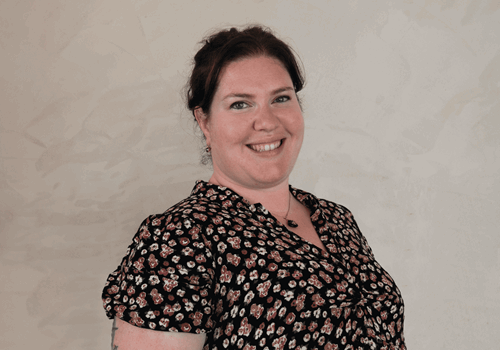The questions on this free personality test are a true representation of the questions you'll face on an actual pre-employment test.
Below you’ll find 3 types of personality practice questions: Self-Described statements, Likert Scale statements, and Most and Least statements with explanations and tips after each question.
These personality test questions were specifically chosen from our full Personality PrepPack to help improve your score and ace your pre-employment process.
Should you Prepare for a Personality Test?
What kinds of Pre Employment Personality Tests are there?
This personality test assesses your typical behavior, interpersonal skills, and leadership potential and evaluates job fit and cultural alignment.
The Caliper Assessment by Talogy covers cognitive and behavioral aspects. It aims to align your personality traits with job requirements, predicting future performance.
Korn Ferry's Leadership Assessments, including KFALP, KF4D, and Korn Ferry via Edge, pose significant challenges for executives and juniors due to their complexity, length, and demand for high-level skills and knowledge.
This exam evaluates your ability to handle the stresses of law enforcement, ensuring you possess the necessary mental resilience. It delves into personal preferences and behaviors.
This test involves assembling two lists of words that reflect your personality traits. This unique test requires selecting words that describe you from two identical checklists of 86 adjectives.
The DDI Leadership Assessment test evaluates your leadership potential and capabilities through exercises and evaluations, aiming to identify strengths, development areas, and leadership styles to inform talent management decisions.
The OPQ32 assessment which stands for Occupational Personality Test, is a widely used trait-based personality test, aiding in candidate selection based on key job success qualities. You have to choose the most fitting statement among several options and presents a significant challenge compared to other personality tests.
This test assesses personality traits and work preferences through 44-162 items. It evaluates 7 personality factors across 26 role scales, providing insights into work-related personality traits.
The Saville Assessment evaluates leadership abilities, ideal team roles, and other factors through two versions: Wave Professional Styles and Wave Focus Styles.
This test evaluates respondents across 16 core personality factors reflecting everyday situations. The test offers scores based on your answers, which are categorized into agree, disagree, or neither options.
This test will assess personal and work-related behaviors across various dimensions, such as Dealing with Others, Self-Management, Motivations and Thinking Style, Personal Characteristics, and Work-Related Measures.
TTI Success Insights is renowned for its behavioral assessments, including the TTI Talent Insight, Emotional Intelligence, and 12 Driving Forces.
This test utilizes instinctive reactions, problem-solving approaches, and preferences to predict job performance, aligning individual instinctive character with specific job requirements for optimal fit.
Published by the McQuaig Institute, this test asks you to describe how others perceive you and what you are really like. It requires you to complete 10 unique personality reports.
The Plum test's Sections 1 and 3 evaluate personality traits using forced-choice questions. In Section 1, you select statements that best and least reflect your viewpoint, while in Section 3, you choose adjectives that most and least describe you from a provided list.
If you are applying to a management position, you will likely take some kind of Leadership Assessment Test such as the Korn Ferry Leadership Assessment, and the Amazon Leadership Principles




